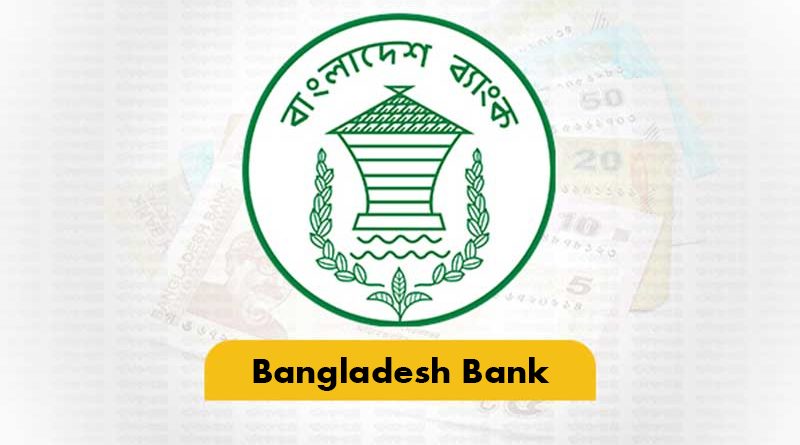The Policy Research Institute (PRI) of Bangladesh has stressed that granting full independence to Bangladesh Bank is imperative to restore discipline in the financial sector and curb soaring non-performing loans (NPLs).
“Enhanced autonomy of the central bank would insulate monetary policy from short-term political pressures, enabling more effective inflation targeting and exchange rate management,” said Ashikur Rahman, PRI’s principal economist, at a discussion on the macroeconomic situation yesterday.
The event was organised at PRI’s office in partnership with the Australian government.
NPLs hit 24% of loans
Rahman said weak governance, political interference, and poor recovery practices have driven NPLs to 24% of total loans in FY25.
“By reducing the scope for interference in lending and oversight, an independent central bank can enforce stricter governance standards, improve loan recovery, and reverse the longstanding deterioration in asset quality,” he added.
He warned that erosion of the BB’s independence had allowed “economic oligarchs” to operate with impunity, extracting rents “in a manner reminiscent of the East India Company” and pushing the banking system to the brink of collapse.
Call for reform
To avoid a repeat of the near meltdown, Rahman urged the interim government to adopt a governance model comparable to the Bank of England or the US Federal Reserve.
“Central bank independence is no longer a desirable policy choice—it is a fundamental necessity for Bangladesh’s economic future,” he said.
Former governor weighs in
Addressing the event as chief guest, former BB governor Mohammed Farashuddin said the government must avoid blanket crackdowns on businesses to maintain a conducive investment climate.
He suggested identifying and punishing 10–12 delinquent companies “with full evidence,” while allowing other firms to operate without fear.
On money laundering, Farashuddin cited estimates of $7–17 billion flowing out annually, urging steady but firm action. He praised the government’s ongoing reforms as “the best in many years” and lauded efforts to build up food grain stocks.
He also called for more venture capital to boost cottage, small, and medium enterprises, which he said could reduce unemployment and inequality.
Business leaders’ views
Rizwan Rahman, former president of the Dhaka Chamber of Commerce & Industry, proposed forming a national accountability commission with civil society participation.
Kamran T Rahman, president of the Metropolitan Chamber of Commerce & Industry, Dhaka, urged a stronger focus on ensuring energy supply for the private sector and improving revenue mobilisation.






